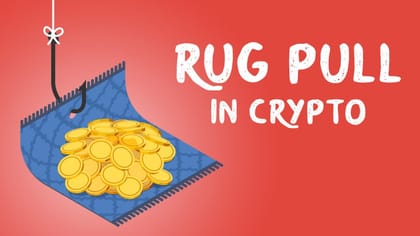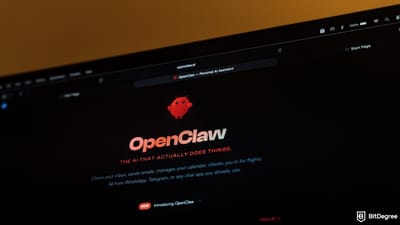Stop overpaying - start transferring money with Ogvio. Sign up, invite friends & grab Rewards now! 🎁
Mango Markets Exploit: Old Scam with Modern Twist, Says Prosecutor
Key Takeaways
- US prosecutors likened Avraham Eisenberg's alleged $110 million Mango Markets exploit to a classic scam updated for the crypto era;
- Eisenberg faces charges of fraud and market manipulation;
- The defense claims Eisenberg's trade was a strategic win, not a scam.
The alleged $110 million exploit of the decentralized exchange Mango Markets, attributed to Avraham "Avi" Eisenberg, was likened to a traditional scam adapted for the cryptocurrency era.
In the opening arguments at a Manhattan federal court, Assistant United States Attorney Tian Huang compared Eisenberg's scheme to selling a fake diamond ring.

Did you know?
Subscribe - We publish new crypto explainer videos every week!
What is a Rug Pull in Crypto? (Meaning + Examples)


Eisenberg was accused of fraud and market manipulation after he inflated collateral values and then took out loans from Mango's treasury. Huang painted a picture of the alleged crime:
Consider this scam. A person sells a fake diamond ring, worthless plastic. The con man disappears and runs off. This case is a modern twist on that.
Eisenberg orchestrated a scheme of betting on the future price of MNGO tokens and then artificially inflating it. When the tokens surged by over 1,000% in a mere 20-minute timeframe, he took out loans against their inflated worth, taking almost all the cryptocurrency on MNGO and causing it to collapse.
This way, he "borrowed" over $110 million in crypto, which the prosecution views as outright theft.
Conversely, Eisenberg's lawyer, Sanford Talkin, maintained that his actions were part of a legitimate, high-risk trading strategy that involved significant personal investment and exposure. Talkin also argued that Eisenberg's trades were transparent and open to counteraction by other market participants, framing the exploit as a strategic maneuver rather than a scam.
The lawyer also highlighted the fact that Eisenberg returned $67 million to Mango Markets days after the exploit, hinting that he had good intent. He concluded:
<Eisenberg> does not deny he did these trades. He does not deny he made a profit. But he denies he committed a crime, because he did not. He executed a winning trading strategy. He is not guilty.
The eventual ruling could resonate far beyond the courtroom, influencing regulatory approaches and the crypto industry's operational practices at large.
In other news related to crypto exploits, former takeaway worker Jian Wen was recently found guilty of laundering $2 billion in Bitcoin.






















